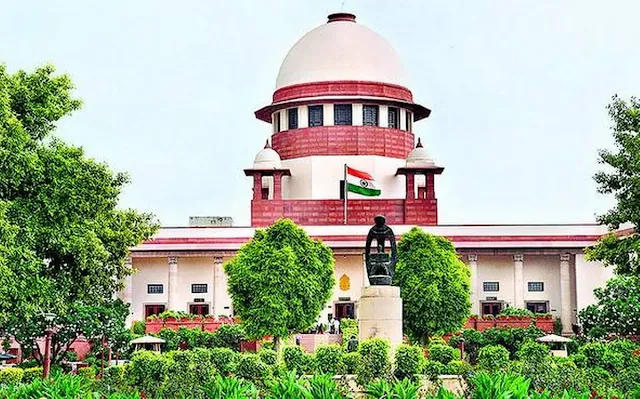The inherent powers granted to High Courts under Section 482 of the Criminal Procedure Code (CrPC) serve as a vital mechanism to prevent the misuse of legal processes and to ensure that justice is upheld. These powers are particularly significant when addressing the quashing of First Information Reports (FIRs) during the early stages of an investigation. The Supreme Court of India has consistently provided guidance on how and when these powers should be exercised, emphasizing that there is no absolute prohibition against quashing an FIR merely because the investigation has just commenced.
In a notable judgment, the Supreme Court elucidated that High Courts possess the authority to quash an FIR even at the nascent stage of an investigation if the allegations, when accepted at face value, do not constitute a prima facie offense. This principle underscores the judiciary's commitment to preventing the abuse of legal procedures and safeguarding individuals from unwarranted legal harassment. The Court highlighted that the decision to quash an FIR should be contingent upon the specific facts and circumstances of each case, as well as the nature of the alleged offense. This approach ensures a balanced consideration, allowing the judiciary to intervene when necessary to uphold justice.
The case in question involved Congress Rajya Sabha MP Imran Pratapgarhi, who faced an FIR registered by the Gujarat Police. The FIR was based on an Instagram post by Pratapgarhi that featured a video clip accompanied by the poem "Ae khoon ke pyase baat suno." The charges included sections related to promoting enmity between different groups and acts prejudicial to the maintenance of harmony. Upon review, the Supreme Court determined that the registration of the FIR was a mechanical exercise and constituted a clear abuse of the legal process. The Court observed that it was impossible to attribute any criminal intent to Pratapgarhi, thereby justifying the quashing of the FIR.
This judgment aligns with the Supreme Court's established stance that High Courts should not hesitate to exercise their inherent powers under Section 482 CrPC to quash FIRs when the allegations are frivolous, vexatious, or oppressive. The Court has consistently held that if the FIR does not disclose the commission of a cognizable offense or if the continuation of proceedings would result in an abuse of the legal process, the High Court is justified in intervening. This principle was reiterated in cases where the FIR was filed with mala fide intentions, aimed at harassing or intimidating the accused, or lacked disclosure of any offense.
However, the Supreme Court has also cautioned that the power to quash an FIR should be exercised sparingly and with circumspection. In instances where the complaint contains serious triable allegations, the Court has deemed it improper to quash criminal proceedings under Section 482 CrPC. The rationale is that appreciating evidence and determining the veracity of allegations are functions reserved for the trial stage, not for the preliminary assessment during a quashing petition. Therefore, if the FIR alleges dishonest conduct that, if substantiated, would disclose the commission of a cognizable offense, the investigation should not be thwarted by quashing the FIR at the threshold.
The Supreme Court has further clarified that the filing of a charge sheet does not preclude the High Court from considering a petition to quash the FIR under Section 482 CrPC. Even if a charge sheet has been filed during the pendency of such a petition, the High Court retains the authority to assess whether the continuation of proceedings would constitute an abuse of the legal process. This position underscores the judiciary's commitment to ensuring that individuals are not subjected to unnecessary legal proceedings when the allegations lack merit.
In summary, the Supreme Court's jurisprudence emphasizes that while High Courts have the inherent power to quash FIRs at the nascent stage of an investigation, this power must be exercised judiciously, considering the specific facts and circumstances of each case. The overarching objective is to prevent the abuse of legal processes and to ensure that individuals are not subjected to unwarranted legal harassment. By carefully balancing the need to uphold justice with the imperative to prevent misuse of the legal system, the judiciary plays a crucial role in maintaining the integrity of the criminal justice process.










0 Comments
Thank you for your response. It will help us to improve in the future.